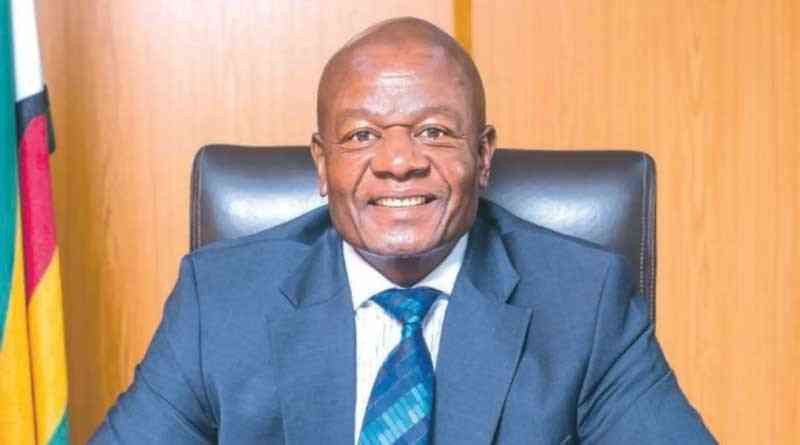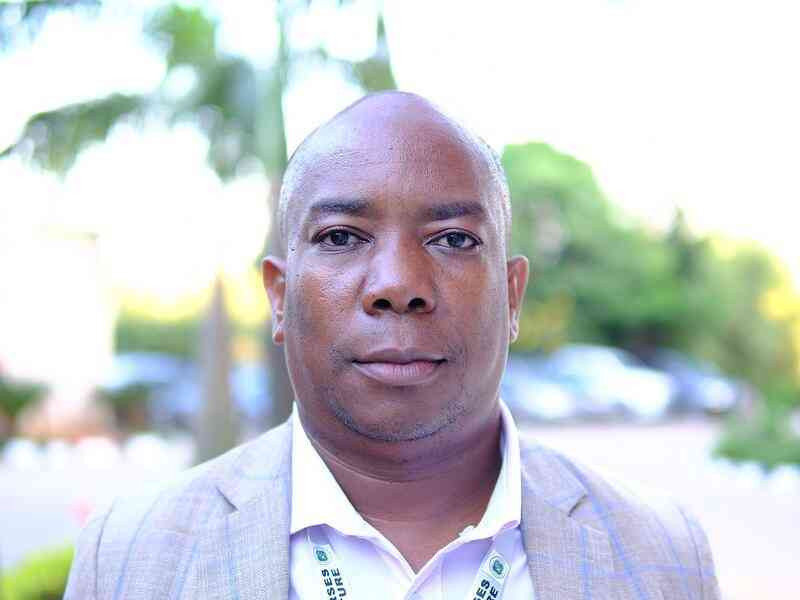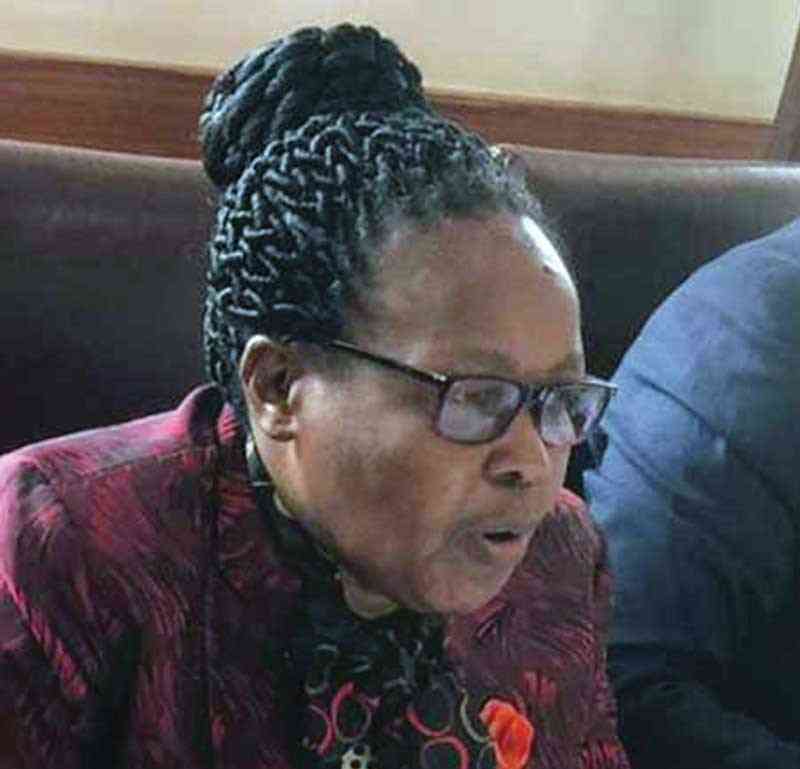
FARMERS in Mzingwane and Insiza districts in Matabeleland South have welcomed the Building Climate Resilience of Vulnerable Agricultural Livelihoods in Southern Zimbabwe (GCF) project, saying it is improving their farming activities and uplifting their
livelihoods.
The project, implemented by the government with technical and management support from the United Nations Development Programme (UNDP) and funded by the Green Climate Fund, is aimed at strengthening climate resilience in agricultural communities by providing resources, training and support to mitigate climate change effects.
During a visit on Friday to Sikongonya Montrose 4A in ward 19, Insiza district and Emsizini in ward 3, Mzingwane district, farmers showcased various projects they undertook, including apiculture (beekeeping), crop and livestock farming, goat rearing and internal savings and lending schemes
(ISALS).
ISALS, commonly known as village savings and lending schemes, have helped communities to access funds to cater for their financial needs, particularly during emergencies.
In embracing the initiative, the farmers augment their resources to invest in farming and household essentials.
In an interview, Nhlanhla Sibanda, a farmer from Sikongonya Montrose 4A in ward 19, Insiza, said villagers were encouraged to start ISALS by the GCF project.
“We began by contributing US$10 each and from that we generated 10% interest on loans. By 2024, we had raised US$3 923. With this money, we bought farming tools like hoes, rakes and wheelbarrows to support each other. This project has truly uplifted us,” Sibanda said.
He, however, noted some challenges specifically during project implementation.
“We need more support, especially in terms of transport. We had to hire a truck from Bulawayo to bring in the tools we bought. We are grateful to the GCF team for its help, but we hope for even more assistance to make farming easier,” he said.
Beekeeping has also been introduced as part of climate-smart agriculture, providing farmers with an additional source of
income.
Leonard Skapene (66), a beekeeper from Sikongonya Montrose 4A, said, “We were given 10 beekeeping boxes, but water shortage caused some challenges. Bees need water and when it is scarce, they leave. Now they are slowly returning and one box is already full. Once we start selling honey, it will help to uplift the
community.”
Memory Mpofu (38) said: “We believe this beekeeping project will empower us. It will help us to send our children to school and put food on the table so that we don’t have to rely on
handouts.”
Local village head Benjamin Ncube expressed gratitude saying they are happy that the project got to their village.
“It is making a real difference. We hope more projects like this come our way,” he said
Agritex supervisor Christabert Moyo praised the community for its commitment.
“The group in Montrose, known as Stars of Tomorrow, has welcomed these projects wholeheartedly. With the support of GCF, they have used inputs well and diversified into different farming practices, including apiculture,” Moyo said.
In Mzingwane district’s Emsizini area, farmers are focusing on goat rearing through a Farmer Field School initiative, which provides hands-on learning to improve livestock management.
Sikhumbulile Dube (52), a goat farmer from ward 3, Emsizini, said they started the project in 2023.
“We started our field school in 2023 with 10 members. Now we are 34. We collectively own 350 goats. I have 128 goats, including Matabele and Kalahari breeds. GCF has promised to provide us with two more bucks to improve breeding. This will help us to produce goats that are disease-resistant, more fertile and fetch better prices,” Dube said.
“We plan to sell breeding goats rather than just meat, as this brings in more money. Eventually, we hope to supply local and international markets.”
Acting deputy director of Mzingwane district Bhekilizwe Ncube emphasised the importance of practical training.
“Farmer Field Schools allow farmers to learn by doing. This method helps farmers to understand better and share knowledge among themselves. It also ensures they meet market demand by increasing stock numbers,” he
said.
UNDP climate-smart agriculture expert Nelson Chanza highlighted the broader benefits of the initiatives.
“Beekeeping not only provides income but also supports biodiversity and pollination, which boosts crop yields. It’s a low-cost investment with significant environmental and economic returns,” he said.









